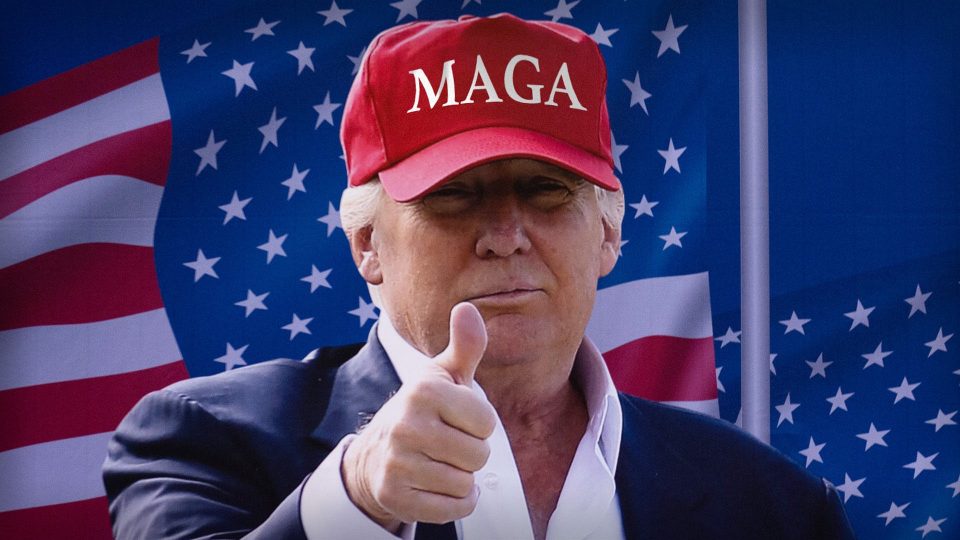Americans grew more pessimistic about the U.S. economy over the previous month as assistance for federal economic policies dived to the most affordable level since President Trump was elected, the brand-new IBD/TIPP Poll discovers. The failure of the White Home and Congress to approve new financial stimulus, resulting in success to welfare, likely explains faltering confidence in the Trump economy.
The federal policies index slid 5.5 points to 41.7, the most affordable since September 2016. Readings listed below 50 reflect pessimism. The total IBD/TIPP Economic Optimism Index dipped 1.8 points to 45, the 6th straight reading below 50 for the Trump economy.
Separately, the September IBD/TIPP Poll found 37% of adults give Trump favorable marks on dealing with the economy, while 45% disapprove. That compares to a 43% -40% positive score a month ago. The IBD/TIPP survey revealed Joe Biden leading Trump, 49% -41%.
U.S. Economy Recovers, However Numerous Are Left Behind
Economic optimism fell in spite of the fading of the summer season coronavirus wave in August and another strong month for the tasks healing. Employers added 1.4 million tasks, and the unemployment rate was up to 8.4% last month, the Labor Department reported Friday.
Still, nonfarm payroll employment stays down 11.6 million from February’s peak of 152.5 million, regardless of the combined 10.6 million gain over the previous 4 months.
A $600 weekly boost to unemployment advantages ended at the end of July. Speak to extend fiscal stimulus came to absolutely nothing, as Democrats promoted another massive stimulus, including state help and an extension of the additional jobless benefits. Republicans support a narrower stimulus, consisting of less aid for the unemployed to boost the reward for the out of work to seek work.
Without that extra $600 per week, regular jobless aid changes roughly 38% of earnings and comes to $371 each week for the average earner.
President Trump signed an executive order after fiscal stimulus talks broke down, adding back up to $400 of the additional $600 in weekly benefits. Yet a couple of states have concurred to chip in $100 of that $400 at a time when state governments are facing a huge drop in tax revenue. Further, state unemployment offices have been sluggish to update their systems to process the additional payment.

Investors Still Positive About Trump Economy
Among self-described financiers with a minimum of $10,000 in household-owned stocks or shared funds, the IBD/TIPP Economic Optimism Index rose 1.4 points to 52.8. Financiers’ spirits were buoyed as the Nasdaq composite and S&P 500 pushed into record territory up through the Aug. 29 to Sept. 1 ballot period.
In the past couple of days, the stock exchange has suffered notable losses, especially among huge techs. That might injure Trump’s standing with investors.
Among noninvestors, the Economic Optimism Index fell 2.4 indicate 39.6, the lowest reading because August 2011.
Economic Optimism Index Elements
The IBD/TIPP Economic Optimism Index is a composite of 3 significant subindexes. They track views of near-term potential customers for the U.S. economy, the outlook for personal finances, and views of how well federal government fiscal policies are working.
The six-month outlook for the U.S. economy rose 1.7 points to 41.5, still showing deep pessimism. The six-month financial outlook index has plunged 15.5 points from February’s 57 reading, which was simply shy of a 15-year high.
The personal financial resources subindex slipped 1.6 indicate 51.7, still modestly positive. The index hit a crisis low of 49.8 in June. January 2020 saw a 15-month high of 64.6 points prior to the coronavirus spread outside China.
The federal policies subindex has toppled 16.2 points from February’s 57.9 reading, which was the greatest because June 2002. Before the coronavirus hit, there was broad support for the Trump economy.

